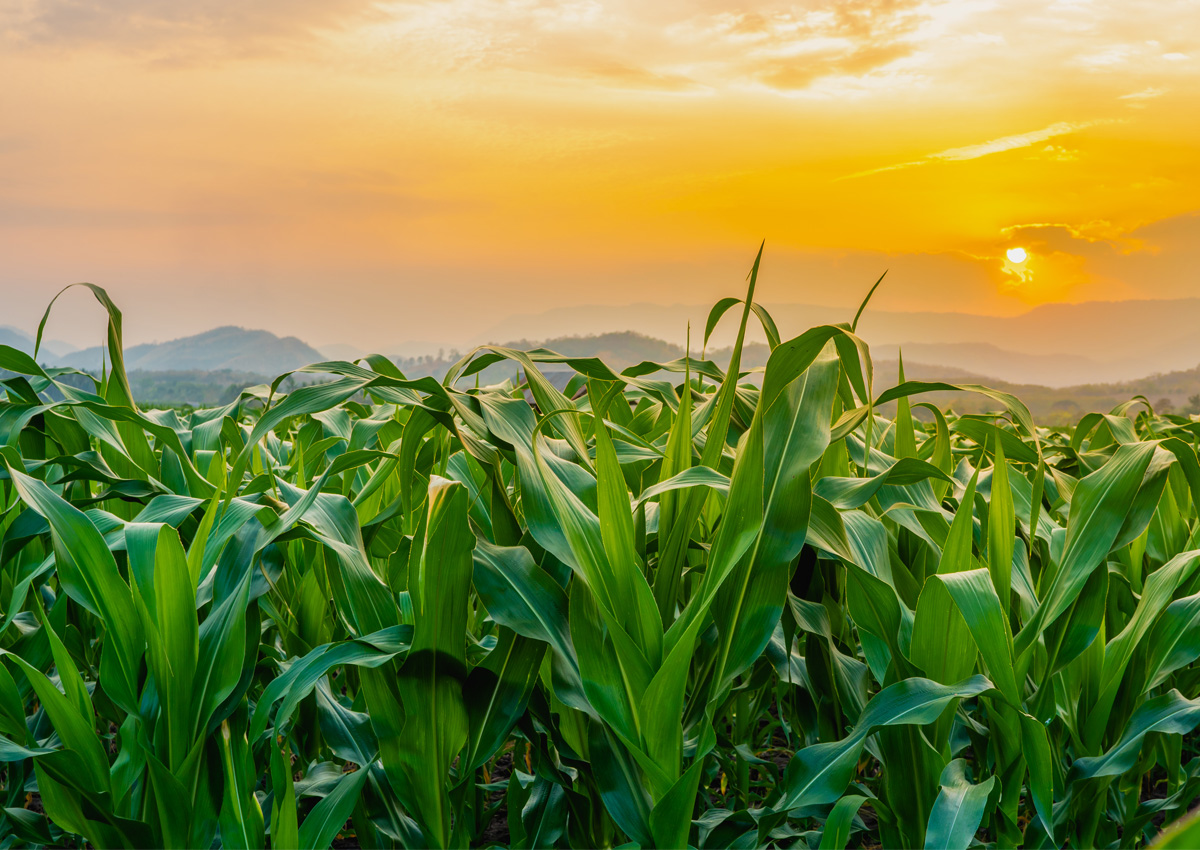
Genome Editing and Traditional Breeding Have Similar Risks
August 10, 2022| |
Scientists at the International Maize and Wheat Improvement Center (CIMMYT) and the CGIAR have concluded that the scientific risks involved in genome editing are similar to those of traditional breeding, and that all new varieties, independent of their development, need to be tested.
Genome editing has shown the potential to contribute to global food security, improved nutrition, and other added value for farmers and consumers. Many countries are still uncertain of the technology and how to regulate genome-edited crops, such as the European Union when the Court of Justice declared that genome-edited crops should be considered transgenics. On the other hand, several countries, including the USA, Canada, Brazil, Colombia, Argentina, Chile, Kenya, Nigeria, Israel, India, and Japan have determined that genome-edited crops without foreign DNA should not be regulated as transgenics.
In the paper published in Nature Genetics, the researchers said that policies should enable choice and avoid risks that genome editing technologies for crops benefit only those who can pay the premium price. Smallholder farmers should get equal access to advanced technologies, their value, and how to use them.
For more details, read the article in the CIMMYT website.
| |
You might also like:
- What is the Difference Between Genetic Engineering and Gene Editing?
- Genome Editing for Sustainable Agriculture
- Novel Plant Breeding Techniques Boosts Cereal Production
Biotech Updates is a weekly newsletter of ISAAA, a not-for-profit organization. It is distributed for free to over 22,000 subscribers worldwide to inform them about the key developments in biosciences, especially in biotechnology. Your support will help us in our mission to feed the world with knowledge. You can help by donating as little as $10.
-
See more articles:
-
Gene Editing Supplement (August 10, 2022)
-
Research and Tools
- Improving Rice Eating and Cooking Quality Through Gene Editing
- Workshop to Explore Policy Considerations for Gene Editing in Asia and Australia
- Scientists Develop Genome-edited Goats
-
Policy Considerations and Approvals
- STOA Report on Genome-edited Crops and 21st Century Food System Challenges
-
Trends and Impact
- New Breeding Technologies Can Help Sustain African Agricultural Systems
-
Public Acceptance and Engagement
- Genome Editing and Traditional Breeding Have Similar Risks
-
Read the latest: - Biotech Updates (February 11, 2026)
- Gene Editing Supplement (January 28, 2026)
- Gene Drive Supplement (February 22, 2023)
-
Subscribe to BU: - Share
- Tweet

